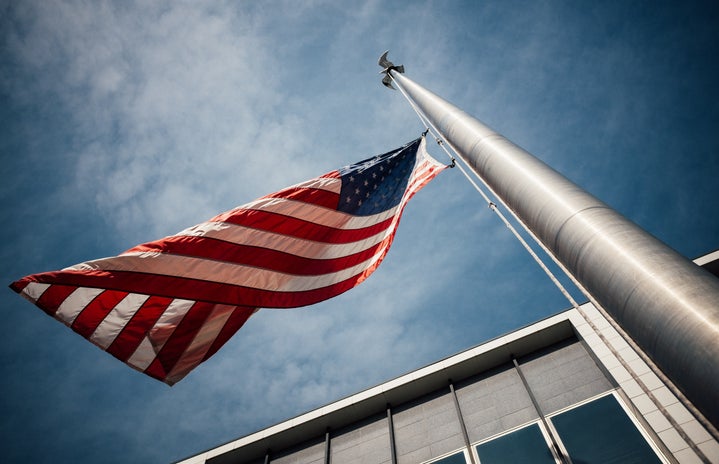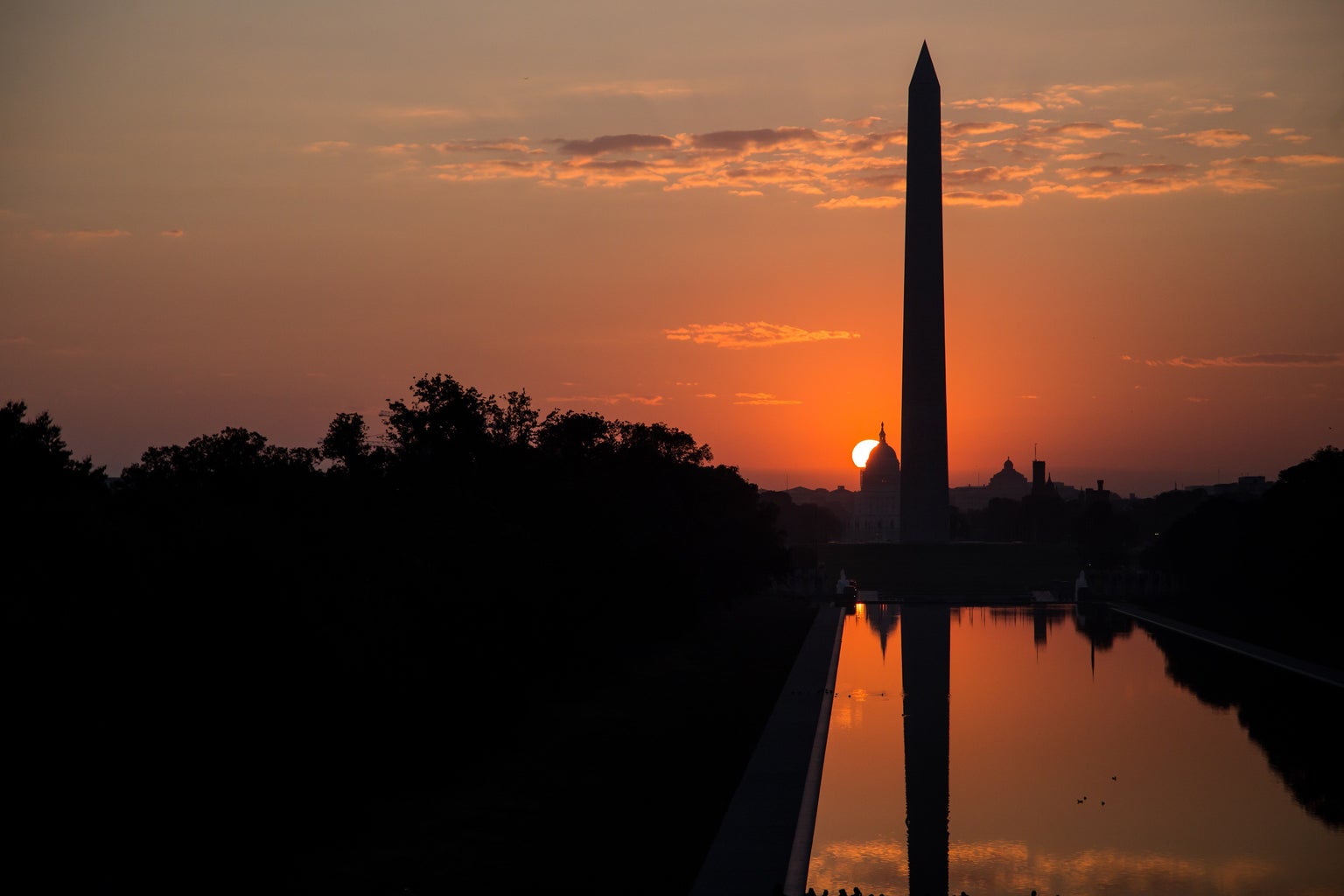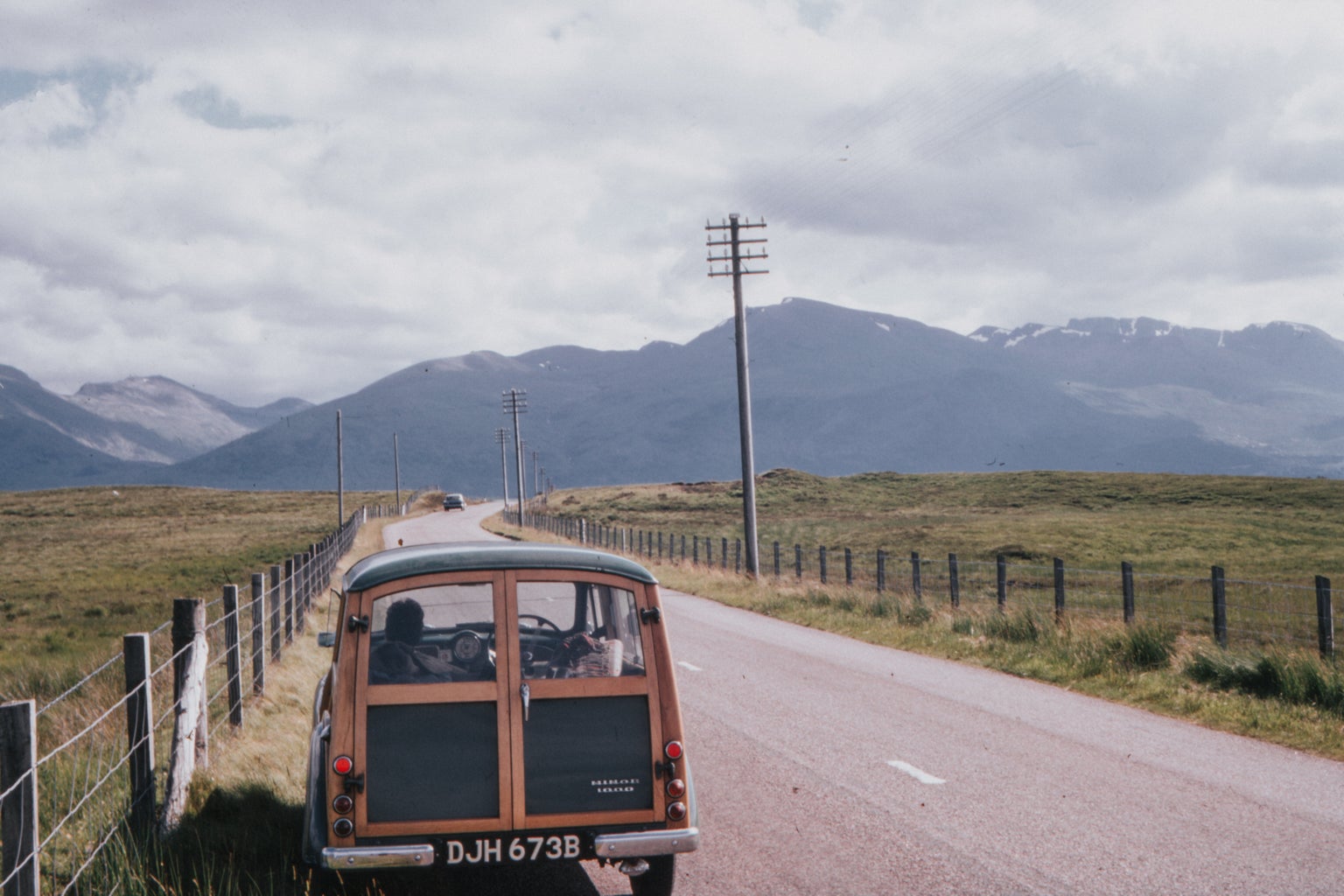February 2023 marks the 37th annual nationally recognized Black/African American History Month here in the United States. While it is enlightening to marvel at the positives of the historical African American experience this country was forcibly built on, the negatives are impossible to ignore. We have all heard of and are familiar with the impacts of the slave trade, the discrimination faced as a result of Jim Crow Laws, the effects of the invention of the cotton gin, especially in the South and other examples of acts against the African diaspora here in this country.
But, have you heard of Sundown Towns?
What is a Sundown Town? Simply yet sadly put, a Sundown Town is a community, area and/or county that exclude nonwhite people (most frequently African Americans) from remaining in town after sunset. The methods by which these areas would enforce their mass racial segregation ranged from basic housing discrimination to repetitive considerable hostility and even going as far as literal public lynchings.
The crime? African American existence.
The word “sundown” referred to signs at city limits that warned Black people not to “let the sun go down on you” there. Arguably the most well-known cultural reference to this concept can be seen in Maya Angelou’s 1969 memoir “I Know Why the Caged Bird Sing.” Here the late poet mentions the state of Mississippi with the phrase, “Don’t Let the Sun Set on You Here, N*****, Mississippi.”
While it is easy to dilute this information as distant history, deep in our country’s past, far removed from our current lives in 2023, let’s look at the facts, shall we? Sundown Towns still exist to this day.
Back in 2020, 30-year-old Black hiker Marco Williams posted a TikTok telling his followers that on his return home to Prince George’s County, Maryland from Devil’s Bathtub in deep rural Virginia, he visited a small service station in Kentucky to refuel and grab some snacks.
“The cashier was like, ‘You best not be around here after dark. This is a sundown town.’” Williams went on to say that “the racism and prejudice is still in those towns, the mindset from the Jim Crow era is passed down and these people have no exposure because they don’t get out.”
For some more context, Virginia has had a confirmed number of 13 Sundown Towns such as neighboring Colonial Heights and attempts to make one out of Falls Church in Northern Virginia. With 18 currently confirmed in West Virginia, 20 in Maryland and a disappointing 49 confirmed in Pennsylvania, the DMV area and its bordering states were not exactly the most picturesque or welcoming multistate region for African American living.
In other words, Sundown Towns have existed your entire life and your parents’ entire lives. They are the birth child of ingrained racism in American culture and the resistance to change in the rural United States. They are the physical locations marking years of bloodshed, harm and wrongdoing in the country.
Who is to thank for this incredible data collection? James W. Loewen. A former sociology professor at the University of Vermont and author of “Sundown Towns: A Hidden Dimension of American Racism,” Loewen made considerable advancements in the awareness and research done on Sundown Towns and other racial tension issues in American History. In his work he documented the stories of thousands of communities from the year 1890 to 1968 that systematically felt the effects of these areas’ segregation methods, leading to the establishment of their Sundown Town Database on his History and Social Justice website. Here you can get heavily informed on Sundown Towns confirmed by the state as well as a number of maps and additional information, connecting the history to present-day locations.




